News
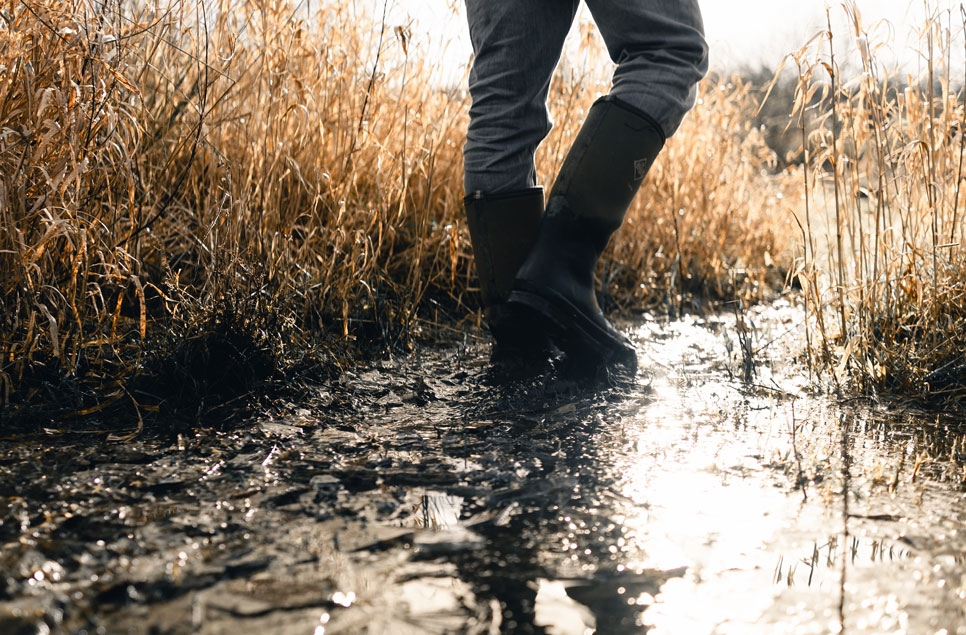
Get lost in your own adventure this World Wetlands Day
To celebrate World Wetlands Day, 2 February 2025, we're encouraging nature lovers to explore the hidden worlds within wetlands with a free ticket offer.
21 January 2025
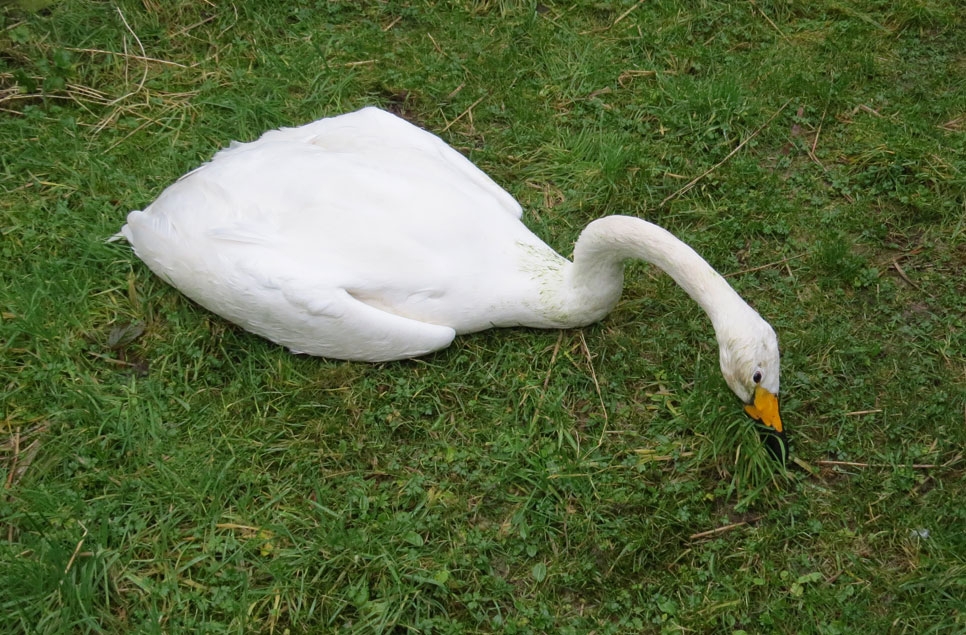
“Throw birds a lifeline and ban toxic lead ammunition”, wildlife experts urge government
Charities, campaigners and parliamentarians are urging the government to end years of delay and decades of poisoning by bringing in a swift, complete ban on the sale and use of toxic lead ammunition in Great Britain.
7 January 2025
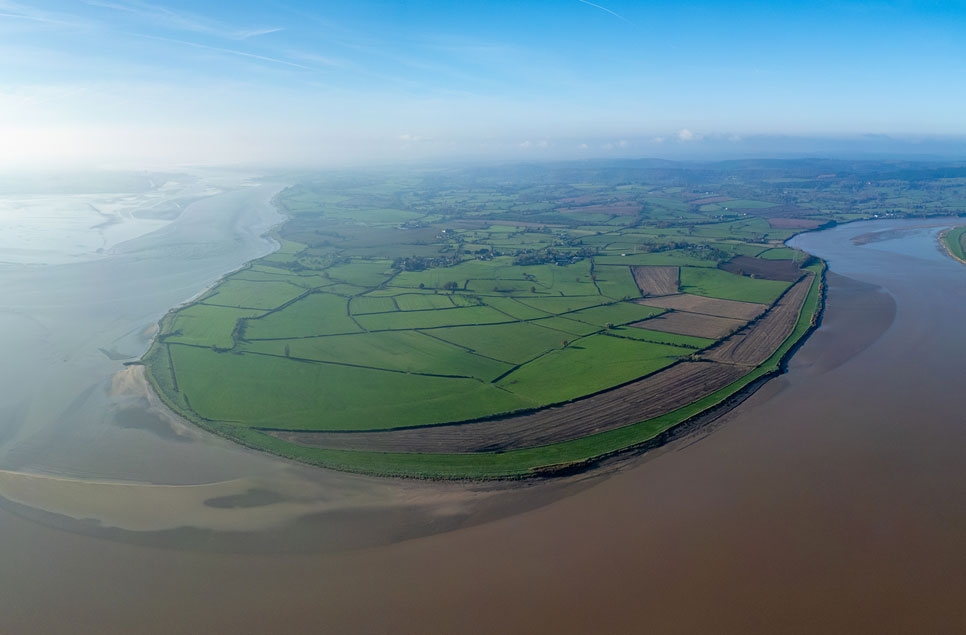
WWT to restore saltmarsh on the Awre peninsula
WWT, the charity for wetlands and wildlife, has today announced that it has agreed the purchase of 148-hectares of low-lying land on the Awre peninsula for a pioneering saltmarsh restoration project.
10 December 2024
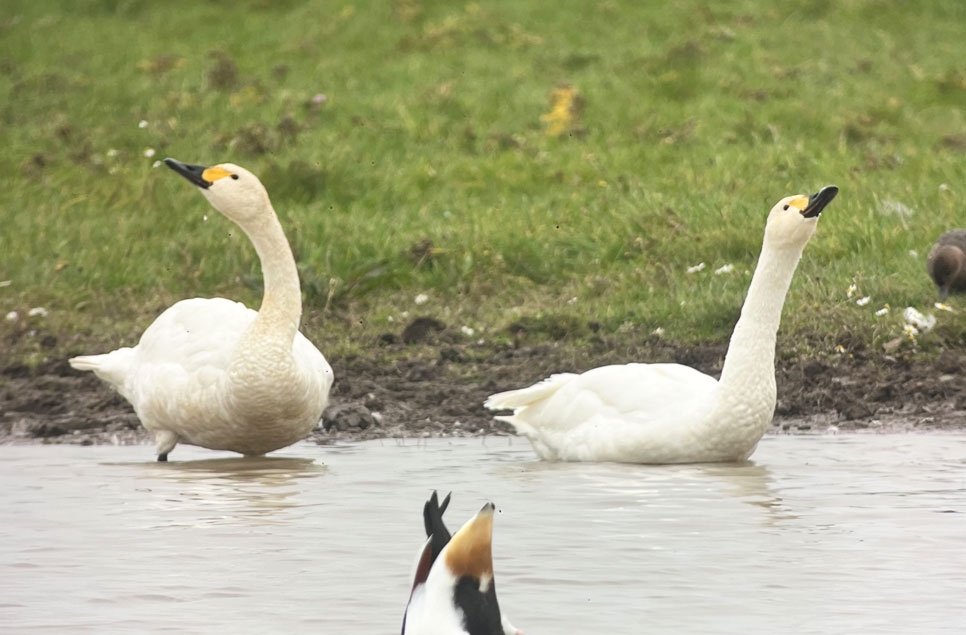
Bewick’s swans knock on the doors at WWT Slimbridge
The first Bewick’s swans have arrived in the UK following their annual migration from Russia.
12 November 2024
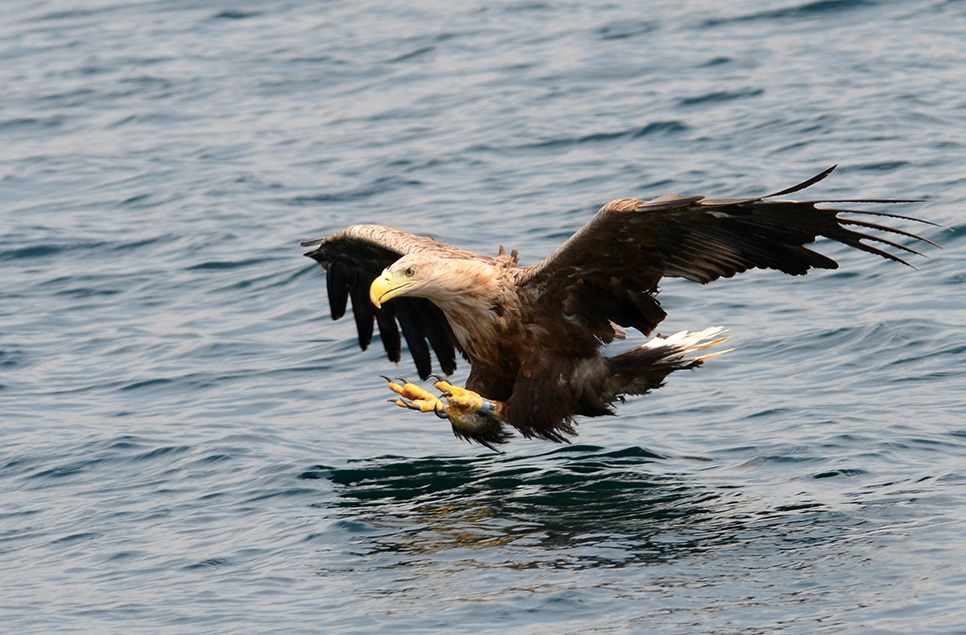
WWT joins efforts to reintroduce white-tailed eagles to Wales
WWT is joining local partners to explore the feasibility of reintroducing white-tailed eagles back into Wales and the Severn Estuary.
4 November 2024
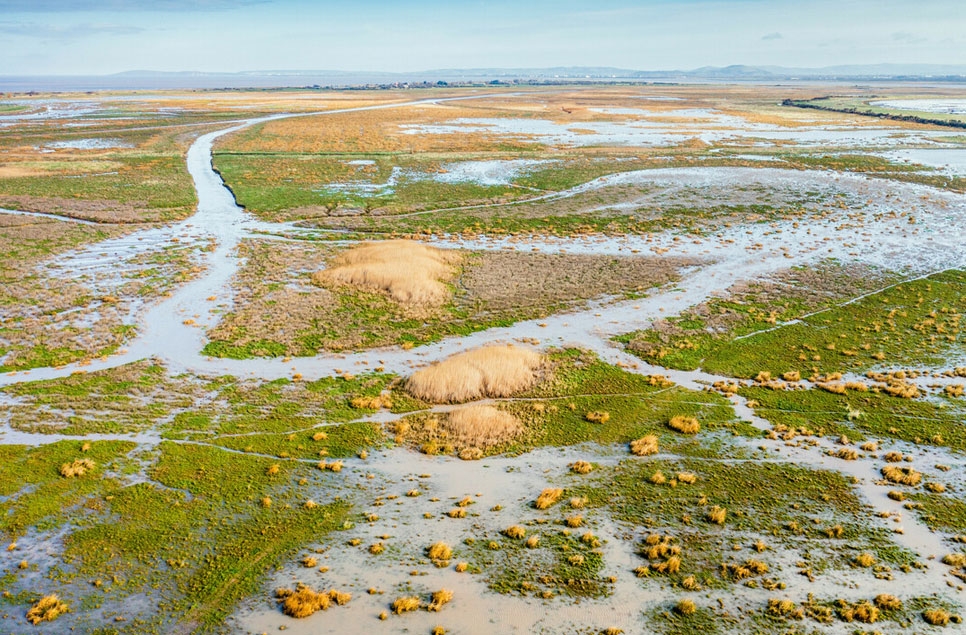
WWT Steart Marshes celebrates 10th anniversary
2024 is a special anniversary for WWT Steart Marshes, marking 10 years since saltwater first entered the breach in the Steart peninsula sea wall.
3 October 2024
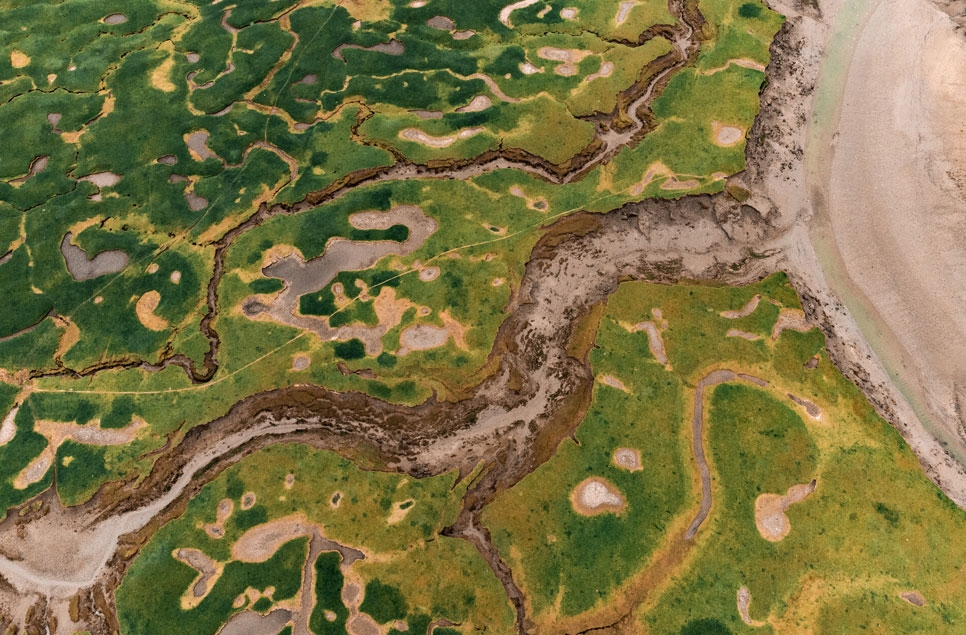
Strategic wetland restoration could unlock billions in benefits for people and nature
Spending just under £3 billion on creating and restoring wetlands around the UK in the next 27 years could yield at least £11 billion in benefits for society and the environment, new research has revealed.
30 September 2024
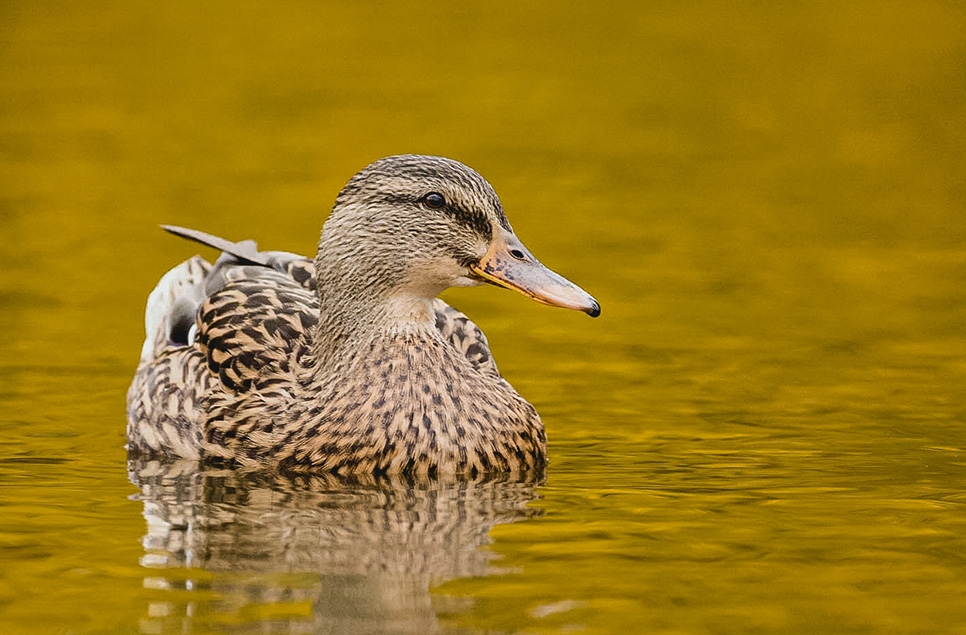
Ducks still regularly shot with lead despite ban
Ducks are still commonly killed with lead shot in England despite a ban and voluntary moves by shooting groups, new research shows.
11 September 2024
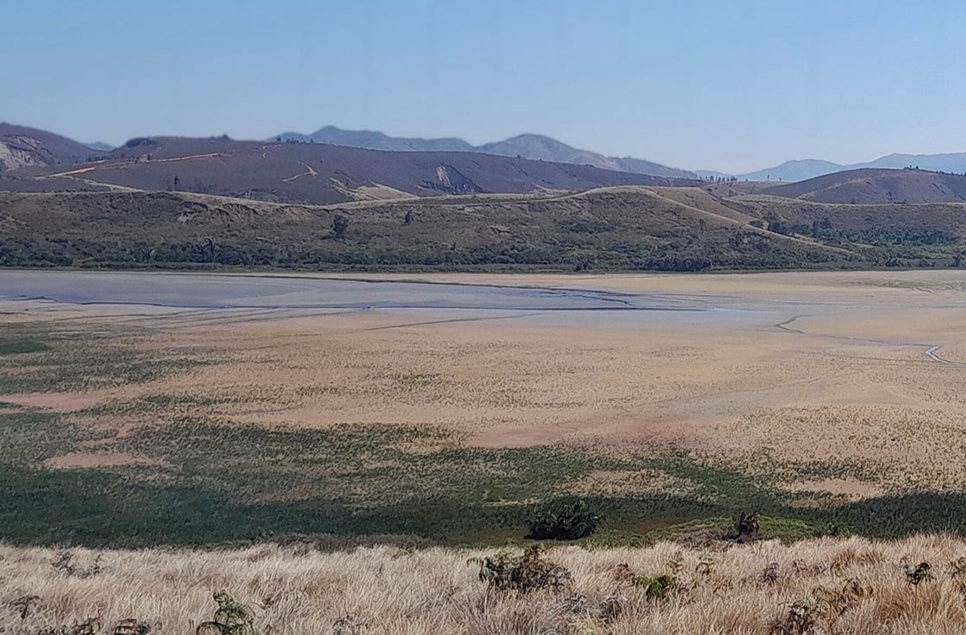
Lake Sofia dam construction could prevent imminent ecological collapse
The lives and livelihoods of 10,000 people, as well as the future of a host of unique species, are under threat due to the near collapse of the Lake Sofia ecosystem in Madagascar’s north-west highlands. Due to catastrophic water loss in recent months
4 September 2024
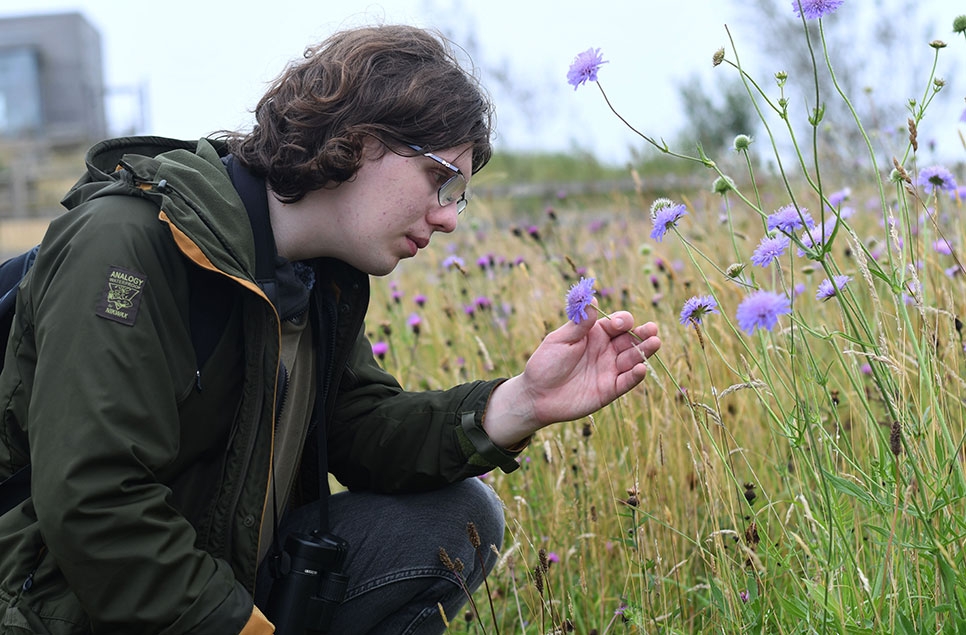
WWT announces Dara McAnulty as its latest ambassador
WWT has appointed the award-winning nature writer and naturalist Dara McAnulty as their newest ambassador.
14 August 2024
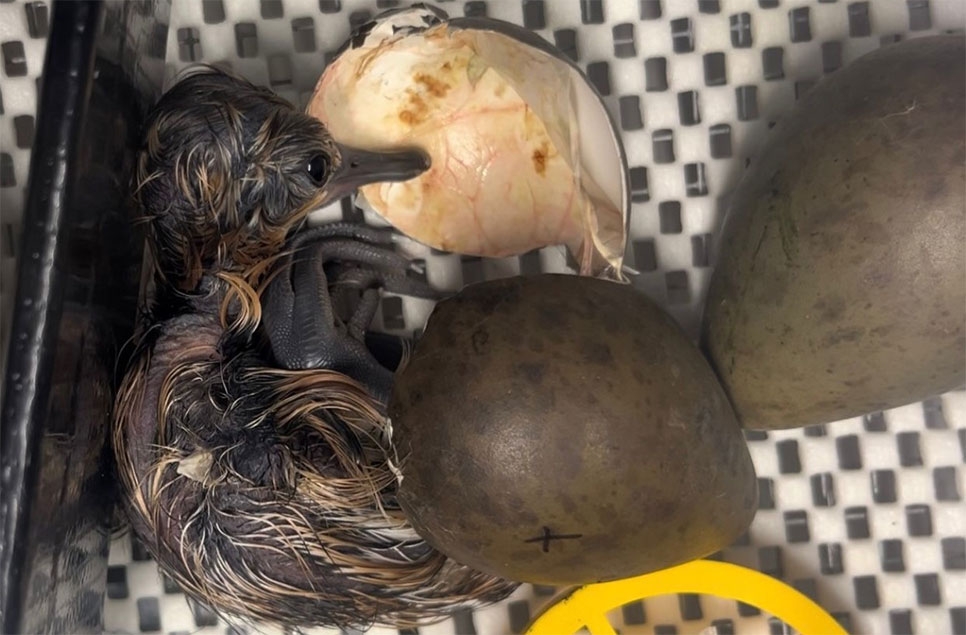
Black-tailed Godwit chicks mark start of world-first captive breeding project
The eggs will boost critically low numbers of the UK’s breeding Black-tailed Godwit.
15 May 2024

His Majesty the King to remain patron of WWT
His Majesty the King has retained his patronage of WWT, the charity for wetlands and wildlife, following his coronation. The Royal Household opted to conduct a review of the King's patronages following his royal highness' accession, and we are very hap
13 May 2024
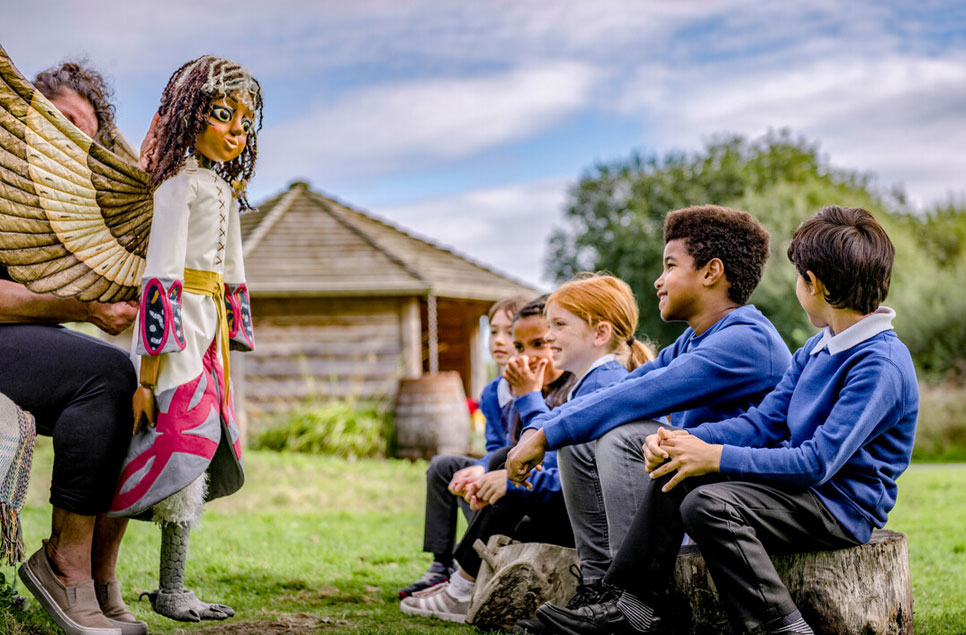
100,000 nature activities completed by primary school children
Through Generation Wild, a project spearheaded by WWT, the charity for wetlands and wildlife, 100,000 nature activities have been completed by children who traditionally have fewer opportunities to make meaningful connections with nature. Over 35,000 c
7 May 2024
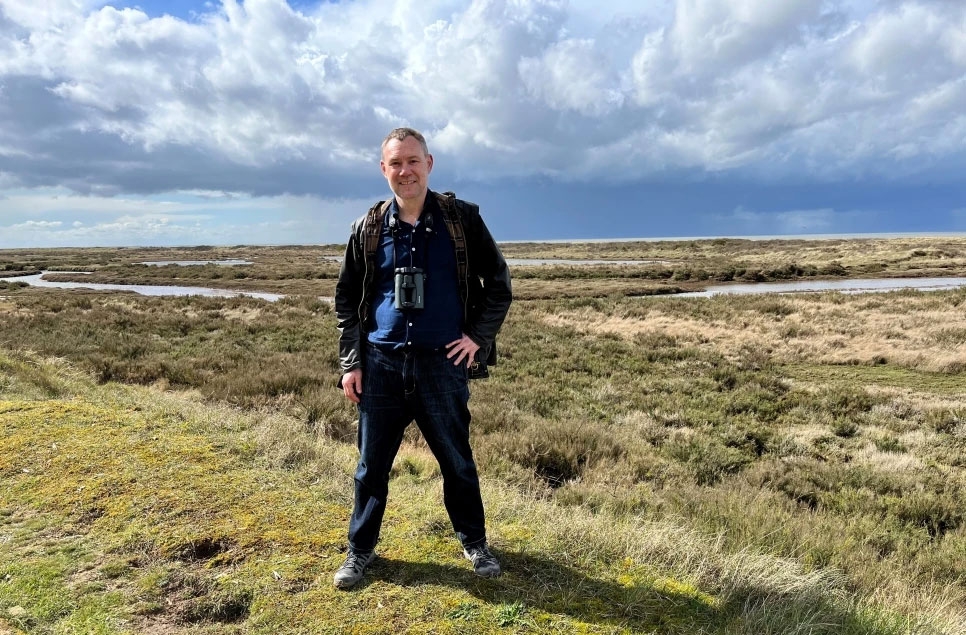
WWT announces singer David Gray as its latest ambassador
David Gray, whose album White Ladder is one of the biggest sellers of the 21st century, has long supported wetlands and its wildlife, in particular the red-listed Eurasian Curlew, and is a committed supporter of the work of WWT. Explaining why he has b
1 May 2024
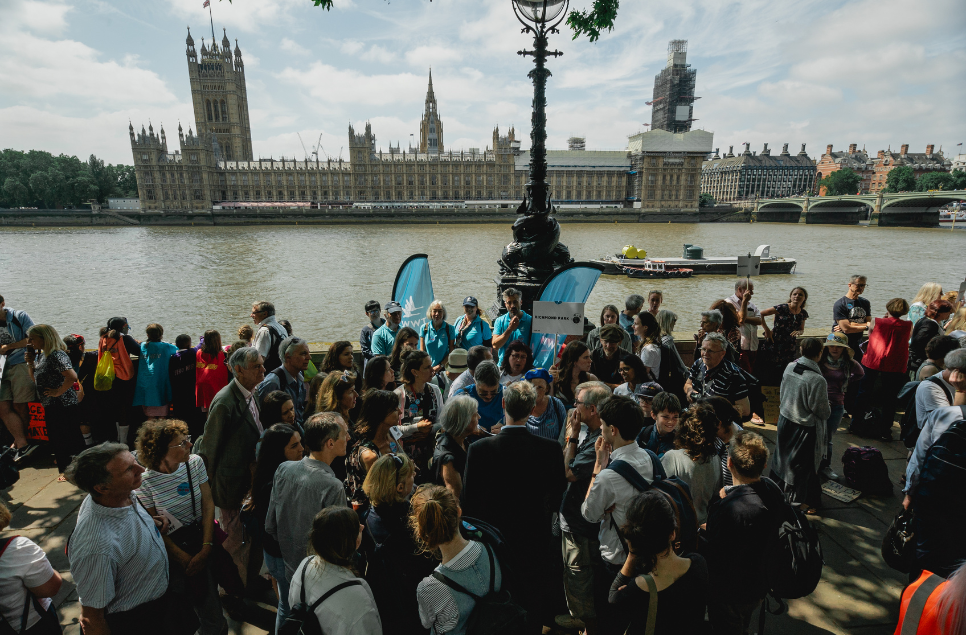
WWT unites with wildlife and climate campaigners in what could be the biggest ever march for nature
WWT is urging everyone who cares for nature to unite and march through London to Parliament Square on Saturday 22 June, with a simple demand to all political parties: Restore Nature Now. This legal demonstration aims to be the biggest gathering of peop
24 April 2024